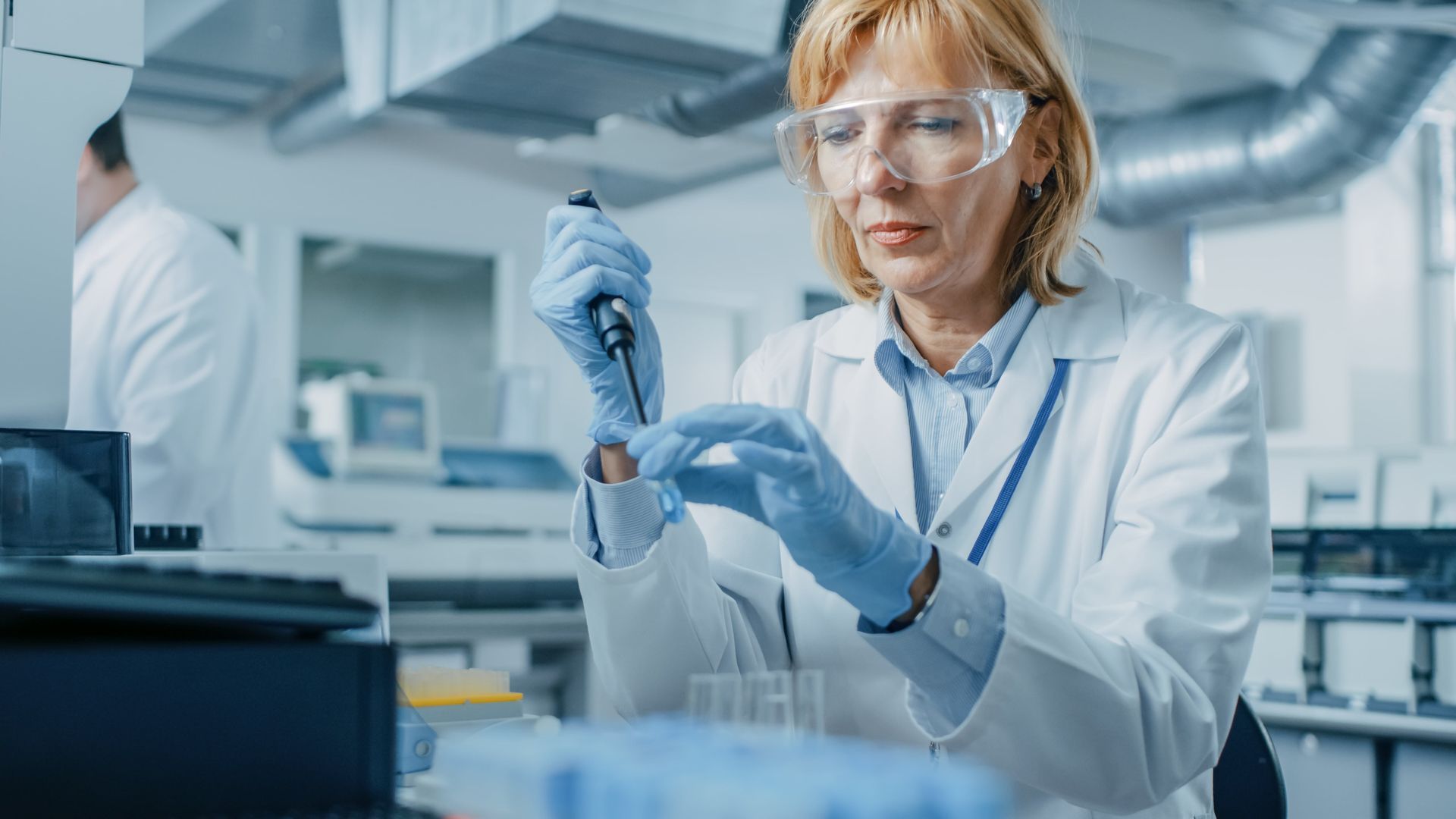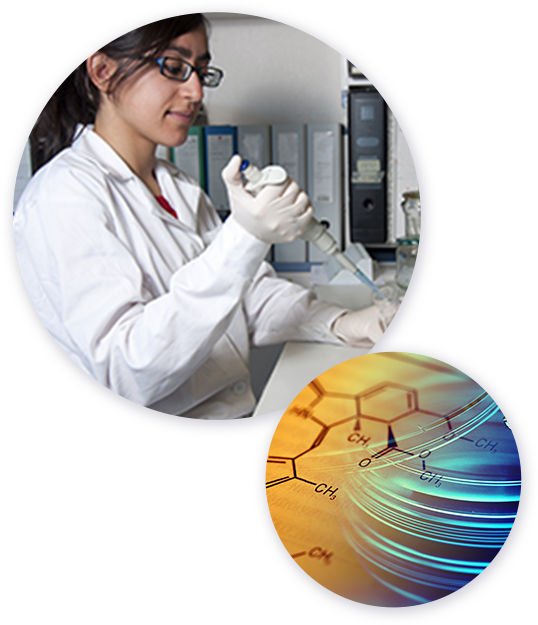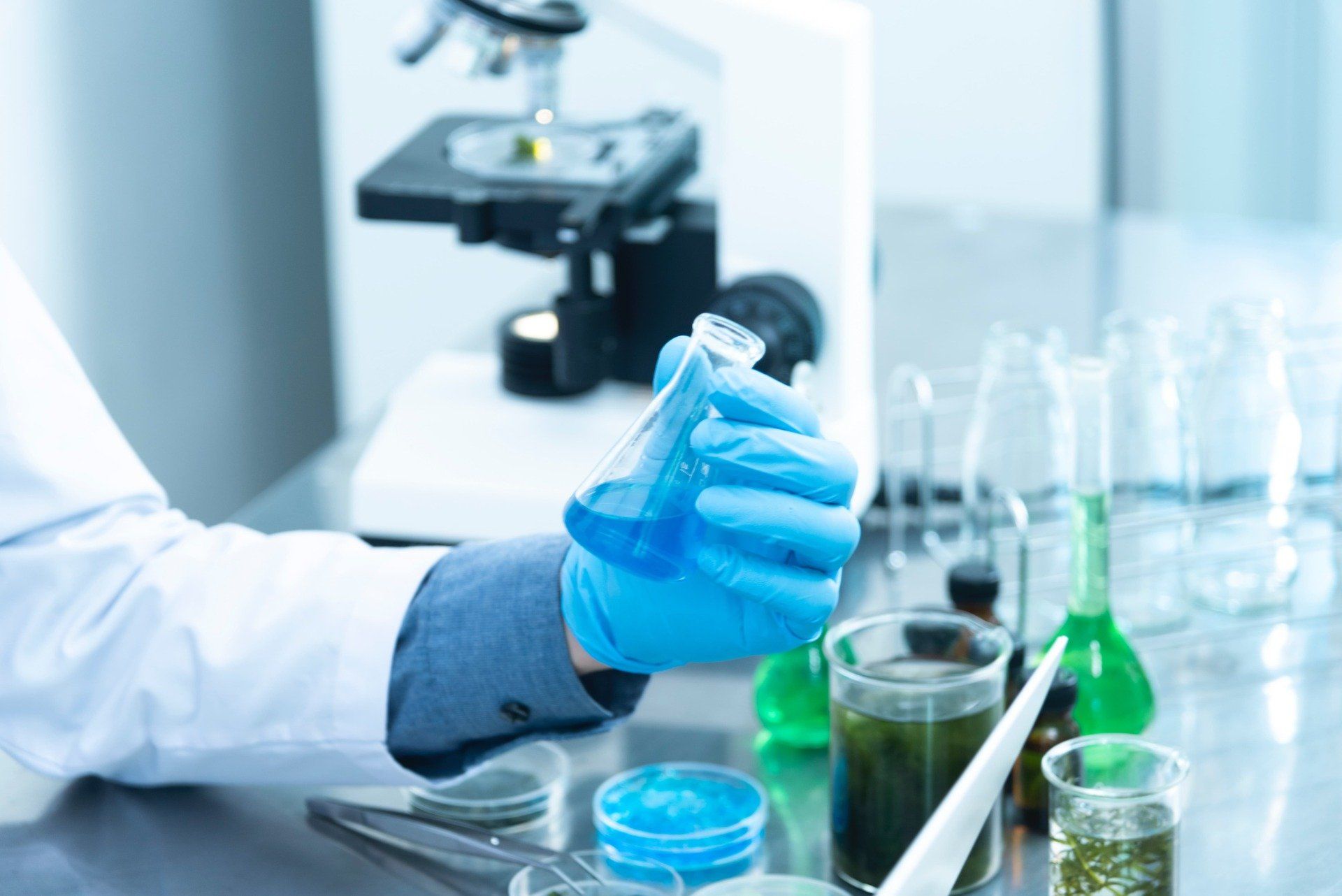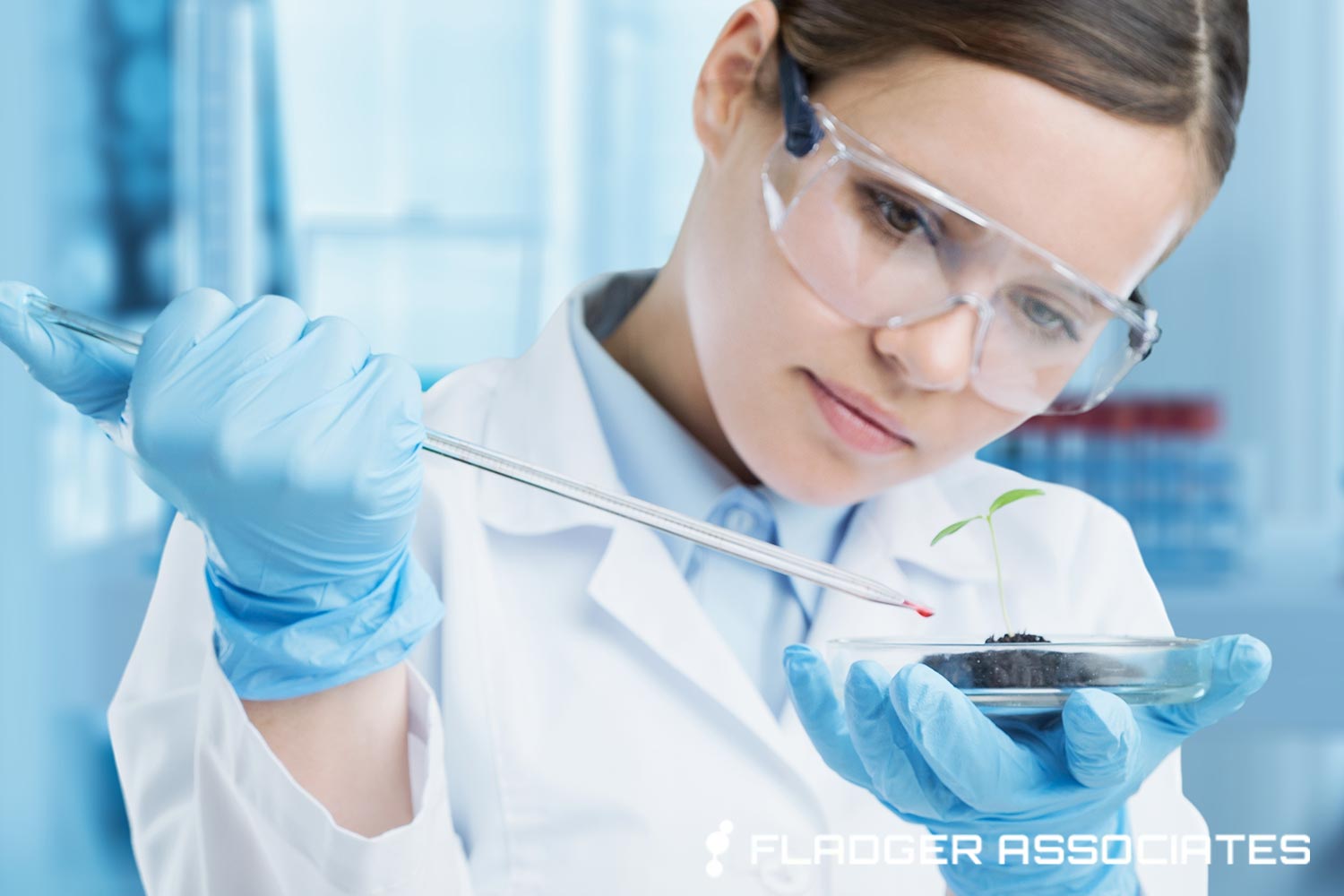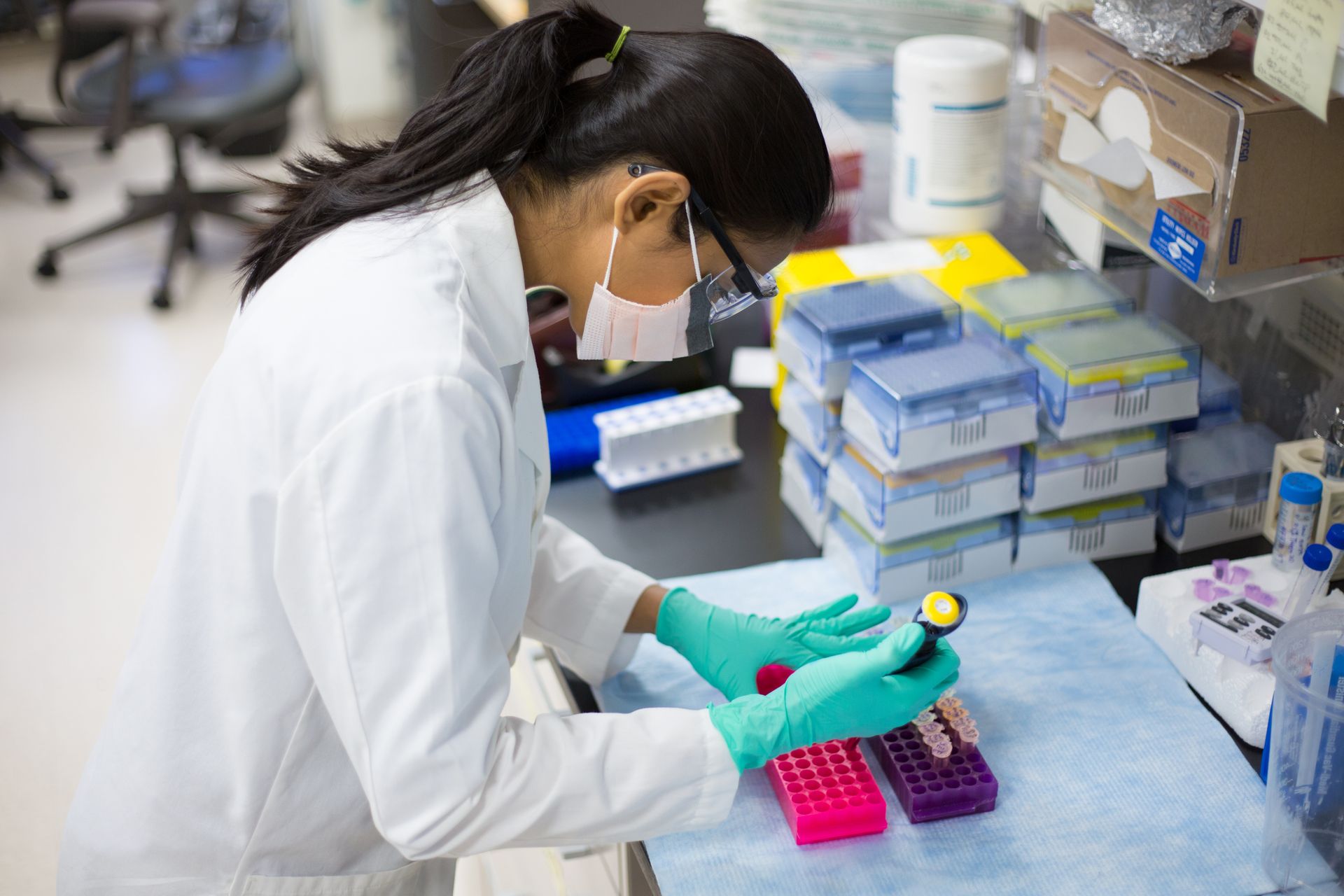What's the Role of a Drug Safety Associate?
What's the Role of a Drug Safety Associate?
Find the most skilled people and put together the best team you can. Executive search and placement are two of the primary focuses of the business known as Fladger Associates. Since 1992, our mission has been to fulfill the staffing needs of our customers by recruiting the most qualified candidates available.
Drug safety associates are responsible for ensuring that the medicines currently available on the market are risk free. The department of pharma-co-vigilance uses industry-accepted guidelines to determine whether the medication causes any unwanted side effects in patients.
A Drug Safety Associate (DSA) plays a critical role in the pharma-co-vigilance and safety services (PVSS) department, responsible for drug safety monitoring in clinical trials and post-marketing surveillance (PMS).
This job role is often overlooked or misunderstood outside of safety services.
What Does a Drug Safety Associate do for a Living?
After a company releases a drug onto the market, the DSAs can begin their work. The timer starts ticking as soon as they receive an alert for a serious adverse event (SAE), at which point actions are required to be taken in order to process the events.
The Time Frame
DSAs receive 1-2 business days to process and pass on vital information in a life-threatening or fatal situation. Medical cases requiring hospitalization, disability, congenital defects, or other medically significant events require completing this process. It should take two to seven days.
Shortly after they receive a case, DSAs typically have to categorize and verify the information, enter it into a database, and send it for quality review. They need medical reviews and queries to gather as much data as possible to assess and study the influence of the drug. They send the case to the regulatory team. Along with researchers, ethics committees, and IRBs.
Keeping Track of Multiple Projects at Once
DSAs work on multiple projects at once, each with a different sponsor. This seemingly linear process can be more complicated than it appears. It is also important to remember that the study specifications agreed upon with the sponsors may affect the study’s timeline and needs guaranteed compliance.
Training and Support
However, DSAs are fortunate in that they have a wide range of resources available to them, including their own study team and other departments. Together with PVSS’s drug safety physicians, they conduct medical assessments of safety cases internally. For eCRF inquiries, the data management team (including the Clinical Data Lead and Project Manager roles) will interact with DSAs on the outside as well.
It is also important to note that the clinical operation group handles the SAE follow-up (from Clinical Research Assistants, Clinical Trial Associates, and Project and Clinical Trial, Managers). When it comes to identifying non-reported SAEs, members of both medical affairs and safety regulatory teams get involved in a joint effort to find out what is going on.
What are the Benefits of Working as a Drug Safety Associate (DSA)?
As the clinical trials market looks bright after the Covid-19s interruption, a career as a DSA offers excellent prospects for advancement and the chance to make a real difference in the lives of others by assisting in the development of new treatments.
What are the Prerequisites for Success?
Clinical trials and PMS would not be possible without the help of a DSA. Employers will want candidates who are resilient, adaptable, time-efficient, and able to handle a high workload during digital interviews.
You need to write a great life sciences CV before getting to the interview stage. The application could make or break your chances of getting hired by the DSA.
A drug safety associate is the epitome of a job. In most cases, drug safety associates perform their jobs as part of a team, and each member of that team has a unique set of duties. In most cases, you can find them working in the pharmacovigilance department.
A Drug Safety Associates Responsibilities
A drug safety associate’s job is to check the quality of all post-marked products to make sure they don’t put people’s health at risk. The DSA associate takes part in:
- The evaluation of an adverse event report.
- Writing safety update reports.
- Checking the quality of reports written by other drug safety officers.
- Sending drug-related case reports to other branch offices as needed.
Typical Duties and Responsibilities for a Drug Safety Associate
Experts in drug safety have a wide variety of responsibilities, the specifics of which can change from one company to the next. The responsibilities include things such as:
- Proceeding with the processing and writing of the adverse event program
- Continuing to monitor the most significant case reports.
- Acting as a link between the company and healthcare professionals or patients in order to provide accurate information regarding the safety of the product.
- Maintaining a consistent schedule for pharma-co-vigilance research and monitoring its associated procedures.
- Participating in meetings pertaining to the safety of products.
- Increasing the value of any company’s products by improving their safety functionality.
Qualifications Required to Work in the Pharmaceutical Industry as a DSA
Before applying for a job as a drug safety associate, you need:
- A pharmacy degree
- A bachelor’s degree in science
- Life sciences
- Medical, nursing, or healthcare from a reputable educational institute.
- A brief period of on-the-job training.
Because of the type of work and the high level of specificity required, many people who have earned degrees are interested in pursuing careers in the pharmaceutical industry. With advancements in both medical technology and the development of improved safety features, it is now simpler to identify drug-related issues and pique the interest of science graduates.
A drug safety associate’s job is to check the quality of all post-marked products to make sure they don’t put people’s health at risk. The DSA associate takes part in the evaluation of adverse event reports, writing safety update reports, checking the quality of reports written by other drug safety associates, and sending drug-related case reports to other branch offices as needed.
Fladger Associates matches great job candidates to great jobs. Visit our site to read about current job opportunities, and then contact us at 302-836-3100.

